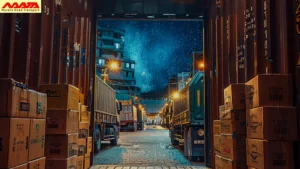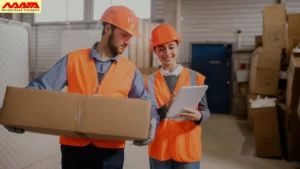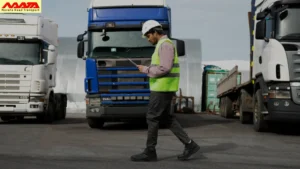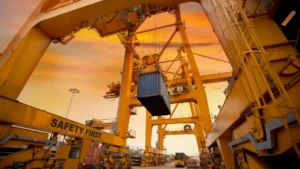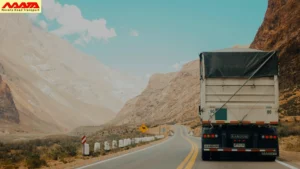Solving Road Transportation Challenges
Table of Contents
Solving Road Transportation Challenges
Solving Road Transportation Challenges
What is the solution to the challenges faced by the Indian Logistics sector? “Too many cooks, spoil the broth”. The solution lies in the companies taking complete control of their supply chain. This leaves marginal room for errors or excuses, thereby ensuring a smooth and efficient transportation system.
Read our previous Article on Top 7 Challenges Faced By Transportation Companies In India
The following points are helpful in understanding how to formulate and execute better strategies to integrate with the current structure of the Indian Logistics Sector.

Solving Road Transportation Challenges Transportation Challenges
1. Flexibility for Control
Fixed and rigid deadlines put the company, the staff and the service provider under immense pressure. This stress hinders the productivity and the workflow, despite it being a completely possible task. Always set room for delays while calculating transportation, docking and unloading time frames. This eases the pressure and facts-in unforeseen circumstantial hiccups.
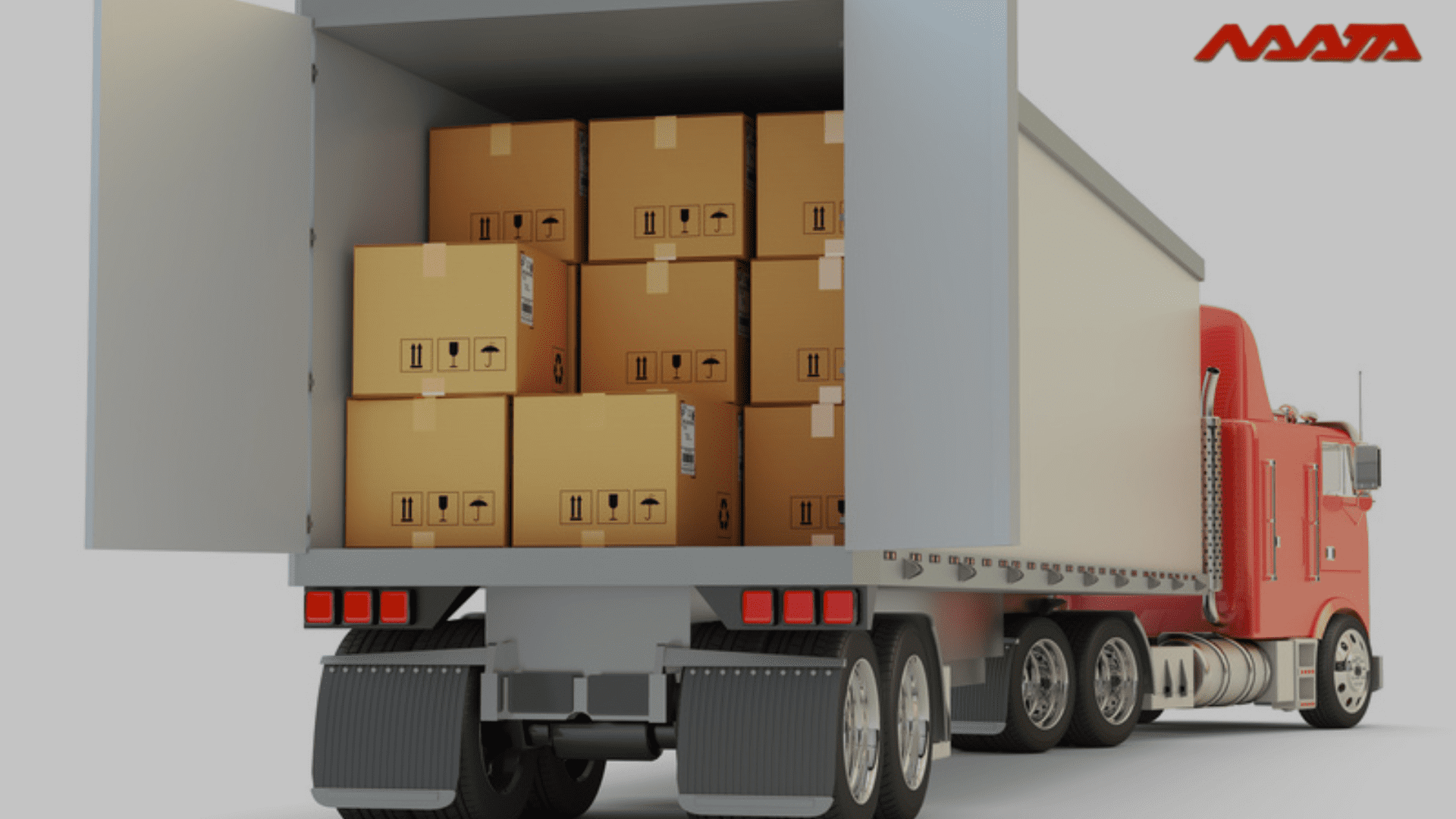
2. Solutions for Customer Service
Customer satisfaction is at the core of any business. Meeting the needs of customers is equivalent to increasing customer satisfaction, which ultimately earns customer loyalty and boosts business. A tailor-made customer service mobile app for your business enables your customers to do mobile bookings for door-to-door delivery.
It efficiently tracks the movement of your shipment and collects feedback, reports complaint,s, etc. This data may be used to address complaints and serve your customers better than before, while at the same time, establishing improved relations between the company and customers to help create better business opportunities.
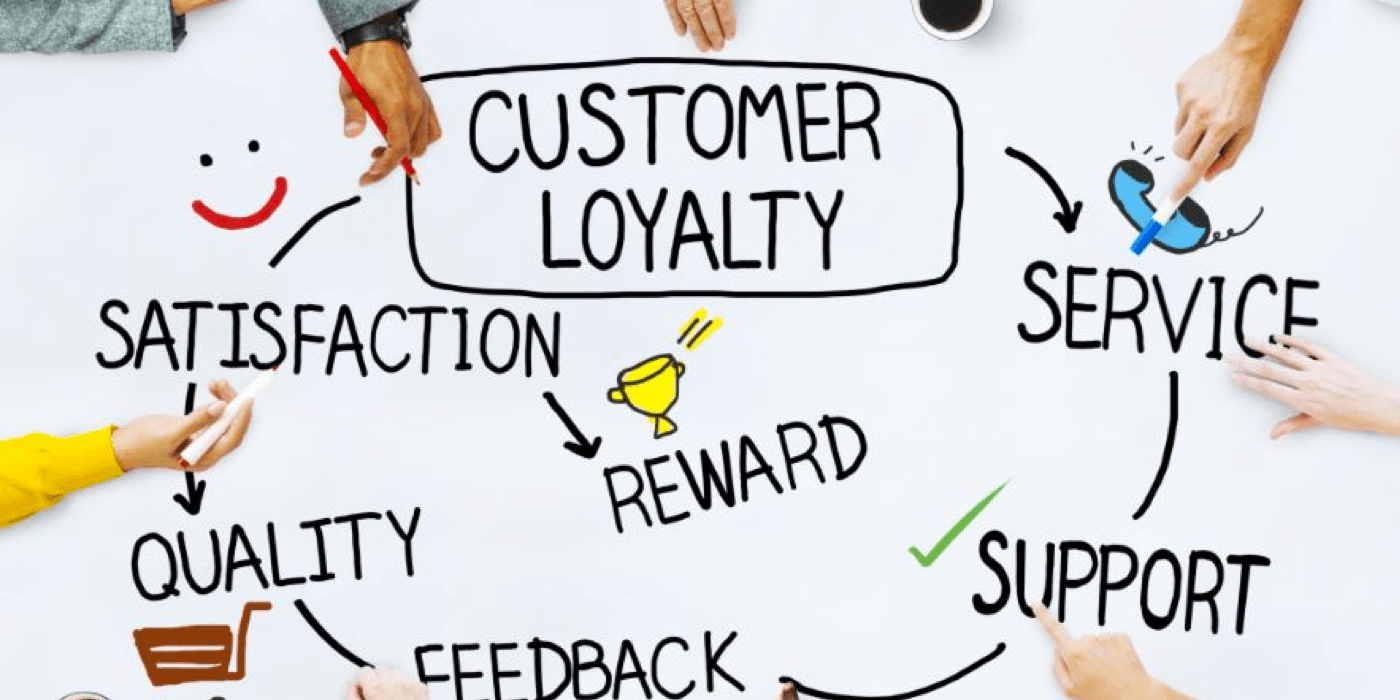
3. Understanding When Outdated Technology Is Leading To Business Losses
Technology is constantly upgrading and reinventing itself. The market is flooded with new and more efficient technological processes. You may think you are saving some bucks right now by sticking to old technology. However, its long-term impact would leave you with a big hole in your pocket. The farther away your equipment and systems are from the latest technology, the more expensive an upgrade and training is.
And also, it results in inefficiency in your business processes, from the modern perspective. Hence, the technological upgrade is imperative for good business.
You might also like to read: Road Transportation Growth In India
4. Preparation of Optimal Down-time to Manage Processes Effectively
It is important to create an optimal space for pickup, packaging and all the other processes till the delivery, on a designated time schedule, without wasting time. Starting early is not necessarily beneficial, as it could mean time wasted, since the manufacturer does not need you to reach before time. Understanding and working on designated timelines is important.
5. Taking Stock of Transportation Delays with Satellite Navigation
Satellite navigation is a boon to the transport and travel Industry. SatNav has made life easier for everyone by showing in real-time, that the duration is taken to cover a certain distance. The terrain and roads, their structure and quality, are all clearly reported. This helps you to mark them on your route and reduce the probability of unforeseen situations.
You can even use the satellite logs to check for changes and delays caused due to traffic, accidents, breakdown, and so on. If you plan the process accurately, there should be very little room for errors in time calculations.
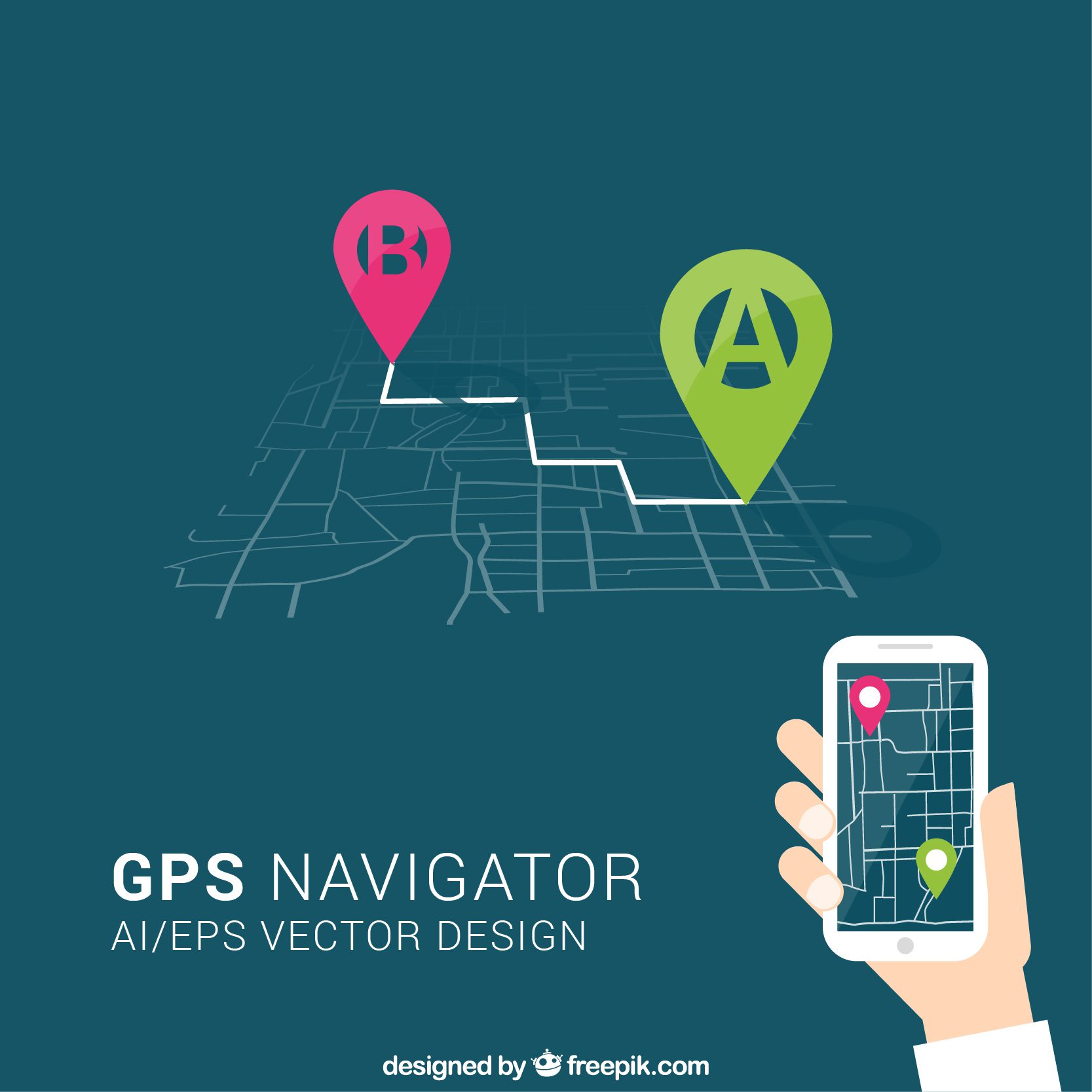
6. Optimization of Working Capital and Cash Cycles
It cannot be denied that intelligent investment and smart budgeting are important to any business. When it comes to the apt usage of working capital for processes, saving on processes is also important. Investing resources in things to enhance the efficiency of your logistics company without compromising on quality is of utmost importance.
For example, there may be better ways to save on your capital rather than reducing the labor wages paid per hour. It may seem that you are saving money by reducing labor wages, but in the long run, you will be spending more on training costs for the replacements of the seasoned employees you may lose in the process.
Thanks For Reading- Solving Road Transportation Challenges
Powered By 360Presence
Leave a Replay
Solving Road Transportation Challenges Solving Road Transportation Challenges




